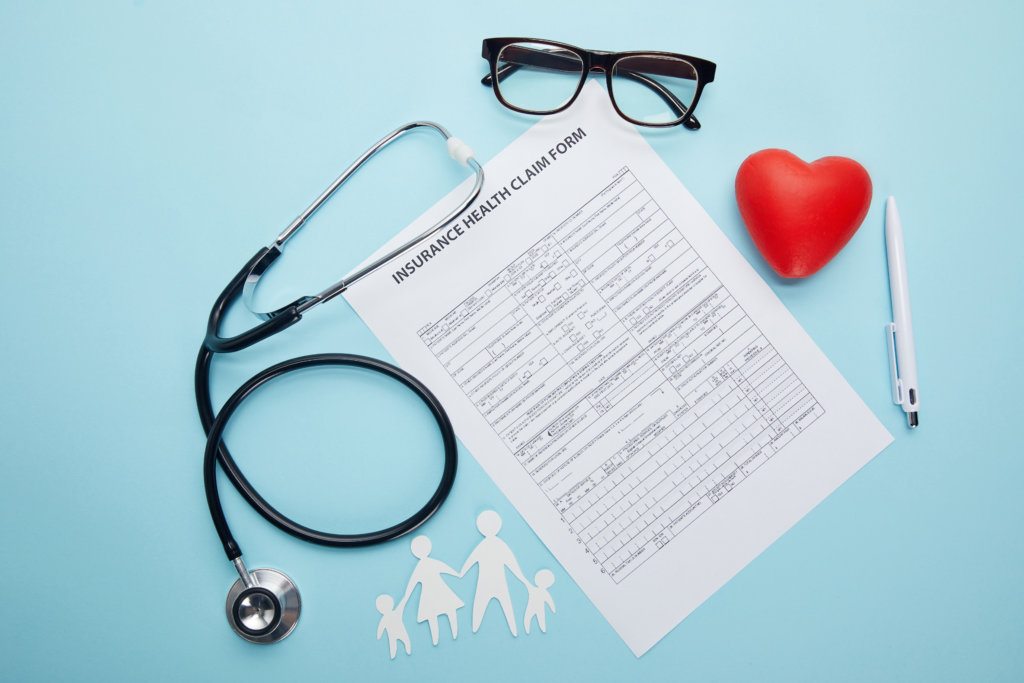It can be challenging to get out of addiction. You might wonder if you can afford rehab and how much it will cost to provide the care your loved one needs.
This page will answer questions such as “Does insurance pay for rehab?” “How much rehab costs with insurance,” and other related topics. These topics include how rehab can help you save money over the long term, the cost of rehab, and what rehab insurance covers. There are also options for payment for those who don’t have insurance.
Does Insurance Cover Rehab?
In most cases, insurance covers rehab because it treats a supervised detox condition. However, there are several variables you need to consider before you make any decisions. These include the terms of your plan. This will help answer the question, “Will insurance pay for rehab?”
What is the Average Cost of Rehab?
The cost for a rehab program varies depending on the type of center and whether it is an inpatient or outpatient program. Non-profit health centers offer free programs, while luxury centers for celebrities can cost as high as $80,000 per month. Most standard drug treatment centers are somewhere in the middle between $2,000 and $25,000 per month.
Costs vary depending on where you are located, how long the rehabilitation will take, and what’s included. For example, a recovery center with a view of the ocean and an Olympic-sized swimming pool will be more costly than one located in a suburban area with standard amenities.
Which should I choose? Inpatient or Outpatient?
You will need to live in the recovery center for an inpatient or residential program. You’ll be able to receive therapy and develop new skills that will help you orient your new life. Inpatient rehab allows you to focus on your recovery and removes temptations.
An outpatient program allows you to live in your own home or near it and visit the center once a week to receive any medication.
Outpatient programs are usually more affordable and allow you to continue your job or other responsibilities at home. Traveling can be challenging if the rehab center’s location is far away, especially if your medication makes it difficult to drive. If your home is full of temptations and you don’t have the support you need to focus on your recovery, it can be even more difficult.
Cost of Addiction Treatment vs. Rehab
It can seem daunting to invest in rehab and possibly take out debt. But, when you look at the numbers, rehab is the most cost-effective option.
- Substance abuse is costly. Addiction can be expensive. You can be bankrupt just by the substance. You can use this calculator for an estimate of your own cost. An alcoholic who drinks every single day could easily spend $3,000 on alcohol in a year. For $30,000, a ten-year drinking addiction could result in a $30,000 annual cost. Although it is difficult to determine the exact cost of drugs, it is generally much higher.
- Loss of Income: Addiction often leads to workplace problems or even criminal fines. Most states allow employers to screen for drugs following an accident at work. Even if the accident does not occur, addiction can make it difficult for workers to perform at work and makes advancement impossible.
- Health Problems: While alcoholism is well-known for its detrimental effects on the liver, both drugs such as heroin and meth can also cause other health problems. After an accident on the roads, supervised detox bills and criminal charges can quickly add up. Nearly 40% of all traffic deaths are alcohol-related.

Addiction is expensive in the long term. Rehab can help you save money and reduce your expenses.
What does insurance cover for rehab?
Your insurance plan will determine the coverage you get. Many health insurance companies cover at least some of the treatment costs.
You can reach your insurance provider to determine if they will cover addiction treatment for you or someone you love. It would be best to tell them exactly what services your plan covers, how long they last, and what your co-payment (how much) will be. These are the two types of insurance that are available to the public.
Private insurance
The government does not subsidize private insurance. It may, however, be required by law in some instances to cover mental health services, such as substance abuse treatment.
If you are part of a group plan (the one you receive from your employer) that covers more than 50 employees, the insurance will cover the treatment according to the Addiction Equity Act.
Although private insurance is the most expensive, it offers the most options and allows you to choose the best treatment plan for you. In addition, private insurance provides the best opportunities for those seeking alcohol rehab insurance and drug rehab insurance options.
Public insurance is an option for those who don’t have private insurance or whose plans do not cover substance abuse treatment. This can help make rehab more affordable.
Obama signed the Affordable Care Act in 2010. It funds insurance plans available on a platform called Health Insurance Marketplace. Addiction treatment is considered an “essential supervised detox benefit” by the ACA and must be covered under new plans in the Health Insurance Marketplace.
It may not provide the coverage you need. For example, it might not cover inpatient programs but detox and outpatient services.
You will need to verify your Medicare or Medicaid coverage, as not all plans cover substance abuse treatment.
What if you don’t have insurance coverage for rehab?
There are many options for those who don’t have addiction treatment coverage.

Talk to your employer
The employee handbook is an excellent place to start. Even if the law doesn’t require it, your employer may offer coverage. They may be willing to pay for you, depending on your situation. You may also be provided extended leave by other businesses so that you can find a job upon your return.
Rehab can seem scary. The worst scenario is to lose your job because you didn’t get help. Contact Human Resources at your workplace to discuss the options available to you.
Talk to the Treatment Center
Don’t be discouraged if the initial cost seems daunting. Many recovery centers offer payment options that allow you to pay in smaller monthly installments. This will enable you to start your treatment as soon as possible. Then, once you are clean and can hold down a steady job, you will be able to pay it off.
Do not let the unknown stop you from seeking help
Hathaway Recovery works with many insurance companies and offers additional financing options to make your recovery affordable. To learn more about insurance for treatment and to speak with one of our intake counselors, we will help you make the first steps toward healing using our advanced treatment program.






